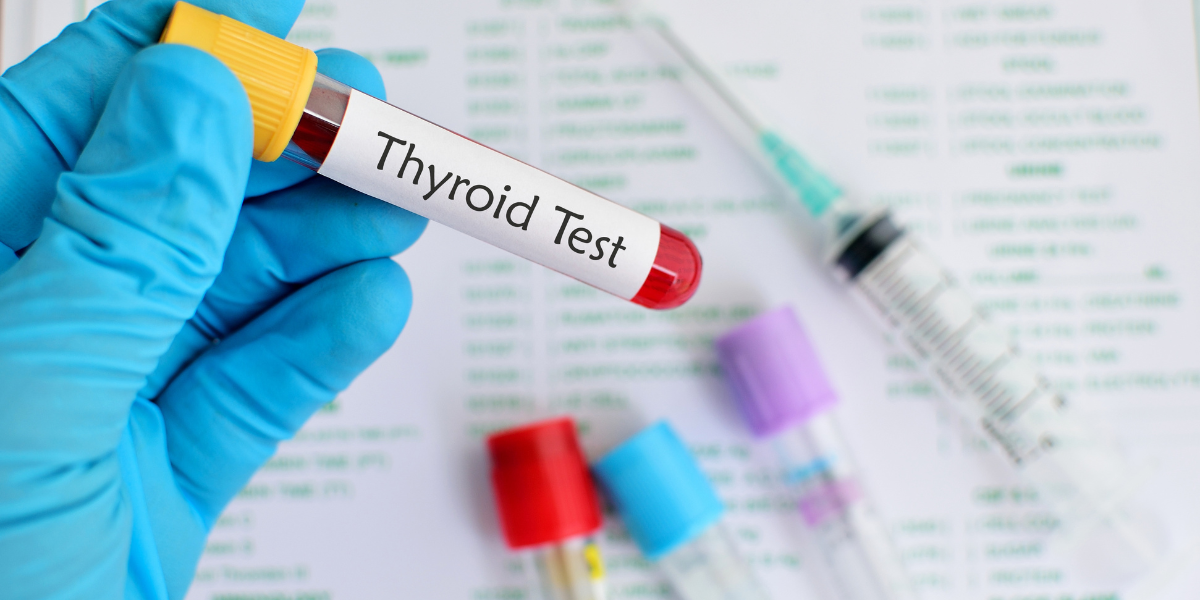The thyroid-stimulating hormone (TSH) is a critical hormone produced by the pituitary gland, playing a vital role in regulating the function of the thyroid gland. The thyroid gland, located in the neck, is responsible for producing hormones that influence metabolism, energy levels, and overall bodily functions. TSH acts as a messenger, signaling the thyroid to produce and release thyroxine (T4) and triiodothyronine (T3), the two primary thyroid hormones. These hormones are essential for maintaining the body’s metabolic balance, growth, and development.
How TSH Works
TSH levels are tightly regulated by a feedback loop involving the hypothalamus, pituitary gland, and thyroid gland. When thyroid hormone levels in the blood are low, the hypothalamus releases thyrotropin-releasing hormone (TRH), which prompts the pituitary gland to produce more TSH. Elevated TSH levels then stimulate the thyroid gland to produce and release more T4 and T3. Conversely, when thyroid hormone levels are high, TSH production decreases, reducing the stimulation of the thyroid gland. This delicate balance ensures that the body maintains optimal thyroid hormone levels.
Why TSH Testing is Important
TSH testing is a common diagnostic tool used to assess thyroid function. It is often the first step in evaluating conditions such as hypothyroidism (underactive thyroid) or hyperthyroidism (overactive thyroid). Abnormal TSH levels can indicate an underlying thyroid disorder, even before symptoms become apparent. For example, high TSH levels may suggest hypothyroidism, where the thyroid gland is not producing enough hormones. On the other hand, low TSH levels may indicate hyperthyroidism, where the thyroid is overproducing hormones.
Reference Ranges for TSH
The normal reference range for TSH levels typically falls between 0.4 and 4.0 milli-international units per liter (mIU/L). However, these ranges can vary slightly depending on the laboratory and the individual’s age, sex, and health status. For instance, pregnant women may have different reference ranges due to hormonal changes. It’s important to interpret TSH results in the context of other thyroid function tests, such as T4 and T3 levels, to get a comprehensive understanding of thyroid health.
Interpreting TSH Results
- High TSH Levels: This often indicates an underactive thyroid (hypothyroidism). Symptoms may include fatigue, weight gain, cold intolerance, and depression.
- Low TSH Levels: This may suggest an overactive thyroid (hyperthyroidism). Symptoms can include weight loss, rapid heartbeat, anxiety, and heat intolerance.
- Normal TSH Levels: These generally indicate that the thyroid is functioning properly, but further testing may be needed if symptoms persist.
Conclusion
TSH is a key hormone in maintaining thyroid health and overall well-being. Regular TSH testing can help detect thyroid disorders early, allowing for timely intervention and treatment. If you experience symptoms of thyroid dysfunction or have a family history of thyroid conditions, consult any Professional Blood test Clinic for TSH testing. Understanding your TSH levels and their implications can empower you to take control of your thyroid health and maintain a balanced, healthy lifestyle.









